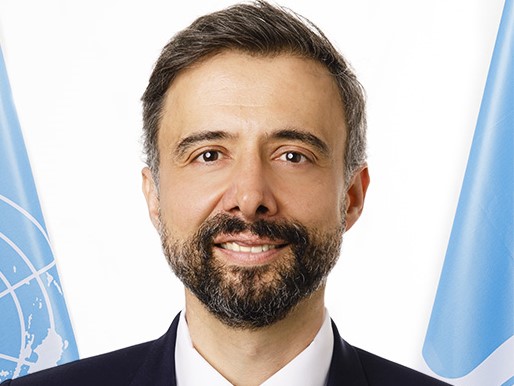The National Association of Clean Water Agencies (NACWA) has selected the Stantec Institute for Water Technology & Policy to develop a cost analysis for estimating the effects of per- and polyfluoroalkyl substances (PFAS) on wastewater and biosolids management across the United States. The project will demonstrate compliance costs and illustrate the potential impacts on the clean water community and its ratepayers. Conclusions will serve as a resource for NACWA subscribers and utilities as well as federal, state, and local legislators and regulators that are currently addressing PFAS issues within their watersheds.
PFAS— known as “forever chemicals”— are a class of thousands of synthetic substances that have become ubiquitous in the production of industrial and consumer products. PFAS chemicals do not break down easily over time and studies are showing they create serious environmental and human health impacts.
“PFAS contamination has become a major health concern and politically charged issue, with regulatory guidance outpacing scientific knowledge and engineered treatment capabilities,” said Emily Remmel, director of regulatory affairs at NACWA. “State and federal PFAS legislative and regulatory actions are happening—absent cost-impact analyses—that will have a profound impact on the public clean water community and its ratepayers.”
Water resource recovery facilities (WRRFs) are a collection point for PFAS compounds that occur in industrial wastewater, municipal wastewater, stormwater, drinking water, and fire-fighting foams. Conventional wastewater treatment processes are ineffective in mitigating PFAS, and they are found in wastewater effluent and biosolids. Biosolids are most commonly used or disposed of through land application, landfilling, incineration, or other management practices.
Stantec’s Joan Oppenheimer will serve as principal investigator for the study. The study will focus on updating and expanding the 2019 NACWA PFAS cost publication by performing source control and biosolid cost assessment survey studies and conducting fact-finding workshops with NACWA subscribers. The team will also call on a committee of technical advisors to draft value-added reports outlining the technical readiness of PFAS capture/destruct technologies for implementation and a triple-bottom line assessment of PFAS-driven biosolids and source control handling alternatives.
“As the ultimate PFAS collection point, WRRFs have been left ‘holding the bag’ in terms of PFAS management. It is important that the industry has a clear understanding of the current cost implications of the situation,” said Oppenheimer, Stantec vice president. “Without validated treatment technologies to mitigate PFAS contamination in wastewater and sludge, the industry must focus on understanding the cost impacts of available options related to source control and pretreatment, along with acceptable biosolids management strategies.”
The project is expected to be completed in early 2023.



